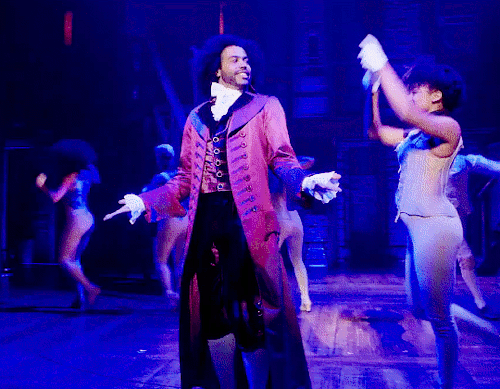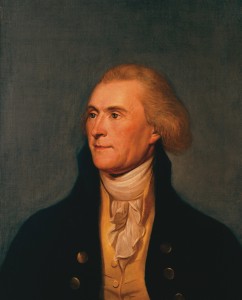Thomas Jefferson was never a soldier, but he fought for Americans in numerous ways. After the new nation won its independence, the Founding Father squared off in France against those who believed the United States’ plants and animals inferior to Europe’s, which of course was wholly ignorant, but unenlightenment shapes the world if it has enough believers.
Jefferson’s efforts involved, among other things, a giant moose skeleton. From Andrea Wulf in the Atlantic:
In Paris, in between negotiations of commercial treaties, arranging loans and composing diplomatic dispatches, Jefferson purchased the latest scientific books, visited famous gardens and met the greatest thinkers and scientists of the age. He also quickly found himself in the midst of a scientific battle that to his mind was of the greatest political and national interest. His weapons were native North American trees, weights of mammals, a panther pelt, and the bones and skin of a moose.
For years, Jefferson had been furious about a theory that the French called the “degeneracy of America.” Since the mid-eighteenth century several French thinkers had insisted that flora and fauna degenerated when “transplanted” from the Old to the New World. They noted how European fruits, vegetables and grains often failed to mature in America and how imported animals refused to thrive. They also insisted that American native species were inferior to European plants and animals. One of the offending scientists was Georges-Louis Leclerc, Comte de Buffon, the most famous naturalist in the world and the author of the 36–volume magisterial Histoire Naturelle. In the 1760s and 1770s Buffon had written that in America all things “shrink and diminish under a niggardly sky and unprolific land.”
As Buffon’s theories spread, the natural world of America became a symbol for its political and cultural significance—or insignificance, depending on the point of view. Hoping to restore America’s honor, and elevate his country above those in Europe, Jefferson set out to prove that everything was in fact larger and superior in the New World.•


